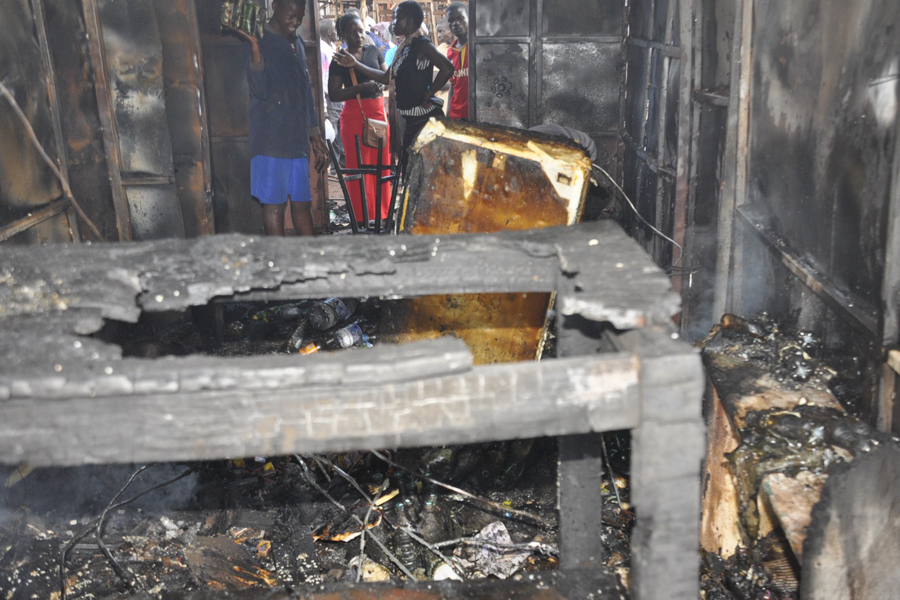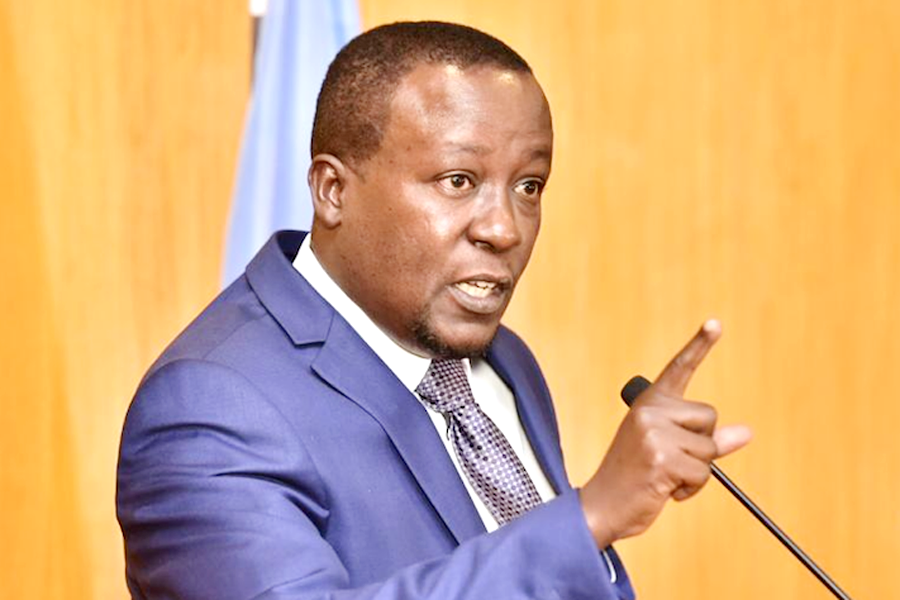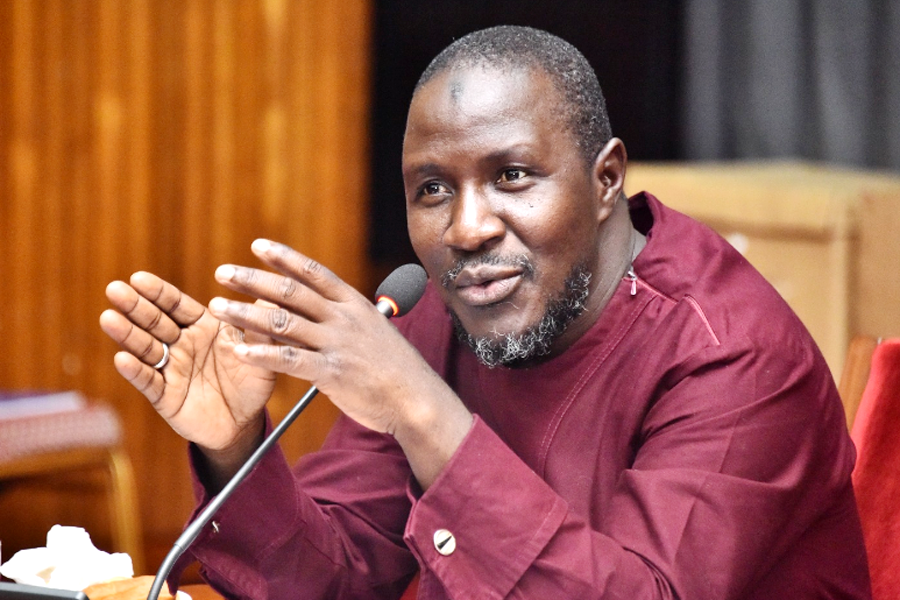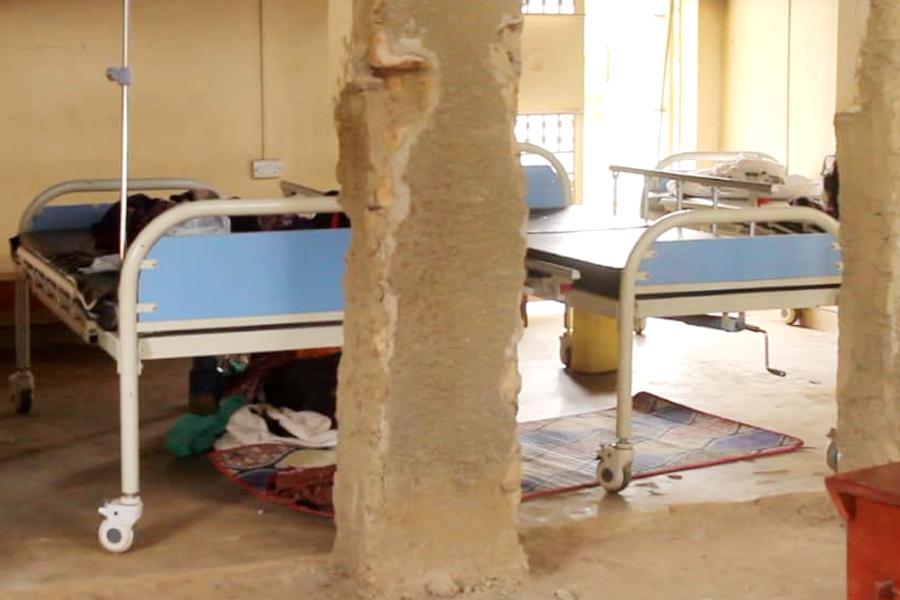Opinion: How prepared is Africa to handle the Coronavirus pandemic?
By Remmy Bahati
It's no secret how CONVID 19 is quickly spreading around the world and I believe that everyone is at risk.
There is research that suggests this virus spreads exponentially so when I look at places like Italy which is on a total lock down, Korea went from 10 cases to 100 to 1000+ cases, US from 1 to 100 to 1000 in just a few days.
What does that mean for Uganda and other developing African nations? How prepared are we for Coronavirus that may be much more deadly than the previous pandemics?
From Ebola in West Africa to Zika in South America to MERS in the Middle East, dangerous outbreaks are on the rise around the world. The number of new diseases per decade has increased nearly fourfold over the past 60 years, and since 1980, the number of outbreaks per year has more than tripled.
Some recent outbreaks registered in Africa as no more than a blip in the news, while others, like Ebola, triggered an intense but temporary panic.
And while a mutant bug that moves from chickens in China to humans in cities around the world may seem like something out of a Hollywood script, the danger the world faces from Coronavirus and countless other pathogens with the potential to cause enormous harm isn’t science fiction rather, it’s the highly plausible nightmare scenario that should be keeping African Presidents up at night.
The consequences of this major pandemic would be world-changing and may supersede the 1918 flu pandemic which killed 50 million to 100 million people at the top end, more than the combined total casualties of World Wars I and II and remember we for a slew of reasons, humans are arguably more vulnerable today than they were 100 years ago because there are simply more of us. The number of people on the planet has doubled in the past 50 years, which means more humans to get infected and to infect others, especially in densely populated cities of Africa.
Even though climate change has played in our favour with warm tempuratures, we should not relax instead we should equip health centres with the neccessary tools to stop the spread of Corona Virus and germs. We know the problem and should better prepare for it
Nearly all the new infectious diseases that scientists know about today originate in animals, and so will the emerging diseases of tomorrow. HIV began in chimpanzees, SARS in Chinese horseshoe bats, influenza in aquatic birds.
When the last major Ebola outbreak exploded, in 2014, eventually killing more than 11,000 people, the virus wasn’t a mystery to scientists; it was discovered in 1976. But even though it had been killing people on and off for decades, there were no drugs or vaccines approved to fight it and there still aren’t today, chiefly because there’s little incentive for pharmaceutical companies to bring them to market.
Politicians, the rich and powerful have plans they use to keep themselves and their families safe. They have think-tanks and experts that come up with stuff that normal people don't know about and wouldn't think of.
Do you think they are protecting themselves the same way some worker in Uganda or Congo is? No way, they have a much stronger plan well thought out plan and information.
And the best part is, you don't have to be a high placed politician or celebrity to get a plan and some good information.
I'm not a health reporter but I've researched everything I could get my hands on when it came to pandemics and survival. I saw exactly how they devastate countries and people and I have some recommendations for the Government's who have a bad habit of paying attention to emergencies only when it's too late.
Here is what I recommend
1. African nations should equip their healthcare centres to be able to predict pandemics caused by animals. They should be able to rapidly detect and respond to emerging pathogens.
2. Aid should be given to countries to invest in science to help track the outbreak and new viruses in animals and humans.
3. Nations should invest in high tech isolation units, top tier doctors and world class scientists to stop the spread incase of an outbreak.
4. Pandemic are not like other natural disasters, which tend to be confined to a single location or region. Disease can strike everywhere at once. In the event of a pandemic, even the best hospitals could rapidly run out of beds and mechanical ventilators.
5. Nations should come up with national strategies to produce Effective medicine with in 60 days of the new identification of a new pandemic causing pathogens.
6. We should prepare for the NEXT BIG THREAT and Pandemics should be a consistent national priority instead of Parliament approving a supplementary budget for disease per disease.
7. Africa needs sustained funding for pandemic preparedness that extends out for years. That kind of money could help push vaccine candidates across the valley of death as well as fund entirely new vaccine technologies. It could also ensure a steady supply of doctors and nurses trained to deal with pandemics in the country.
TO MY FELLOW UGANDANS
As I conclude, in a memorable 2015 TED talk, Bill Gates told his audience that, “When I was a kid, the disaster we worried about most was a nuclear war.” But today, he said, “if anything kills over 10 million people in the next few decades, it’s most likely to be a highly infectious virus, rather than a war. Not missiles, but microbes.”
Remmy Bahati is a journalist.













